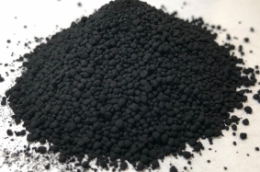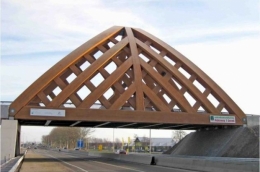Asia-Pacific Cities Summit: Innovative Ideas Key to Urban Development
Asia-Pacific Cities Summit: Innovative Ideas Key to Urban Development
The implementation of urban projects that feature innovative ideas and value-added production processes is essential to a city's development, experts and city leaders around the world said at the Asia-Pacific Cities Summit in Kaohsiung.
While a traditional paradigm of development encouraged citizens to make better uses of resources, modern cities should turn to initiatives with more effective designs and an ability to create added value, the participants said at the summit.
Such concepts, widely applied in so-called “cradle-to-cradle” designs, could free humans from the restraints they live under, encourage them to benefit from their consumption and therefore facilitate the growth of cities, said Michael Braungart, founder of the Environmental Protection Encouragement Agency.
Through the use of such designs in urban projects, cities also learn to respond to people's needs in an environmentally friendly way, said Braungart, who coined the term "cradle-to-cradle." In this context, it refers to a loop process of recycling materials.
"It's not about doing things right but doing the right things," Braungart said.
His remarks were supported by Kaohsiung Mayor Chen Chu, who said the city is trying to apply “cradle-to-cradle” thinking to turn challenges into opportunities. Kaohsiung will continue to launch innovative projects to make it more competitive, she said.
About 1,000 city officials and experts from 104 cities across the world attended the Sept. 9-11 summit, discussing city management and solutions to various urban challenges.
Braungart also said Taiwan is heavily influenced by Buddhism and was well-positioned to carry out numerous “cradle-to-cradle” programs. “People in Taiwan know very well how to think in cycles,” he said.
Pauli Gunter, founder-director of the Zero Emissions Research and Initiatives, added that there have already been many entrepreneurs in Taiwan implementing groundbreaking ideas, which have created favorable conditions for different industries to cooperate.
A good example is Singtex Industrial Co., a Taiwanese textile company that has found a way of turning coffee grinds into fiber, he said.
“The key to broad success is that solutions are offered open source and with a free spirit,” Gunter said.
Shared Link:http://www.reuters.com/article/2013/10/25/asia-pacific-cities-idUSnBw255223a+100+BSW20131025

 正體中文
正體中文



